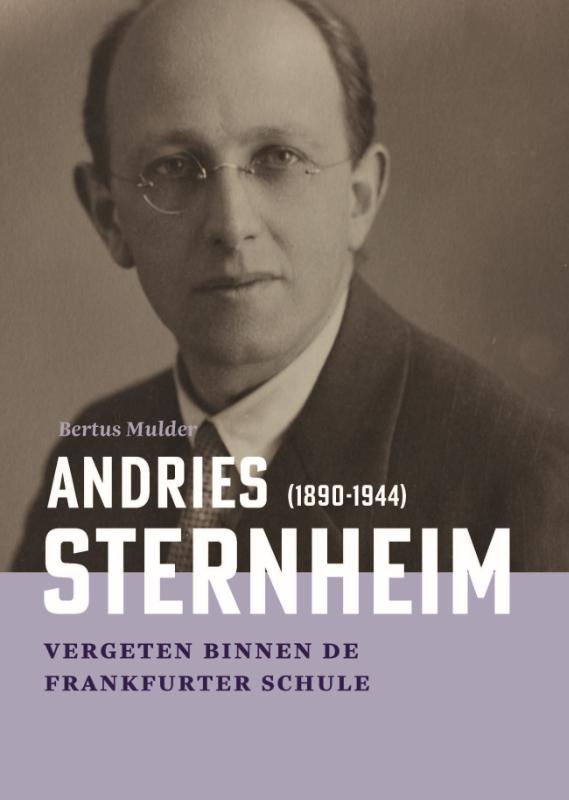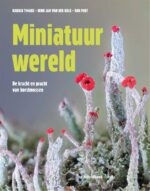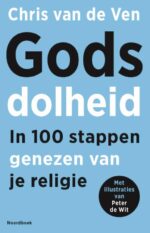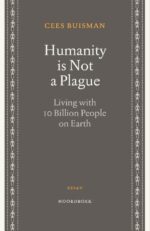Andries Sternheim (1890-1944)
€ 29,90
De voormalige Amsterdamse diamantbewerker Andries Sternheim werd in 1931 door Max Horkheimer als ‘Mann der Praxis’ aangetrokken bij het Frankfurter Institut für Sozialforschung. Als Frankfurter Schule zou het Institut zich ontwikkelen tot een van de meest invloedrijke filosofische en sociologische stromingen. Sternheim werd de verbindingsman met de Internationale Arbeidsorganisatie ILO in Genève. Hij was eerder actief geweest in het Internationaal Verbond van
Vakverenigingen.
Dit boek beschrijft Sternheims rol binnen de Frankfurter Schule aan de hand van zijn correspondentie met Horkheimer. Belicht wordt de bijzondere bijdrage van Sternheim aan de klassieke studie Autorität und Familie. Sternheim ontwikkelt zich tot vrijetijdspecialist van het Institut, maar Horkheimer houdt de publicatie van Sternheims opus magnum Die moderne Freizeitgestaltung tegen. Het Institut für Sozialforschung zou geen geld hebben voor de publicatie. Horkheimer gebruikt geldgebrek ook als excuus om Sternheim in 1938 terug te sturen naar Amsterdam, van waaruit hij in Auschwitz terechtkwam.
Aan de hand van nieuw archiefmateriaal herwaardeert Bertus Mulder de rol van Sternheim binnen de Frankfurter Schule. Hij analyseert ook de financiële situatie van het Institut. Hoe ernstig was de situatie echt?
Bertus Mulder (Heerenveen, 1949) studeerde arbeidssociologie, was docent sociale geschiedenis en promoveerde aan de Rijksuniversiteit Groningen. Eerder schreef hij biografieën over Jaap Nieuwenhuize en Sophie Louisa Kwaak en verschenen zijn studies over Pieter Jelles Troelstra en Fokje Pasma.
Gerelateerde boeken
-
-
-
-
Humanity is Not a Plague
€ 19,90In ‘Humanity is Not a Plague’, Cees Buisman argues that it is possible for 10 billion people to exist together on this Earth – as predicted for the year 2100 – provided that the richer part of the world no longer merely focuses on its own health, prosperity and happiness, and instead starts working seriously on developing a higher consciousness.
In this essay, Buisman sharply analyzes some of the problems facing mankind, such as fresh water shortages, whilst overturning several clichés and offering unexpected, positive solutions. Overpopulation is not the problem; the effects of our actions on the rest of the world have a much greater impact. ‘Back to nature’ is not the solution, nor is an overreliance on science and innovation. Large-scale technologies could even increase our problems. It seems that the growth of humanity will depend on the growth of our consciousness.
Cees Buisman studied water purification engineering, in addition to business administration, communication theory and applied integral psychology. Throughout his life he has worked on new environmental technologies, which are used in industry all over the world. His scientific work is highly cited. Buisman is the Director of Wetsus – European Center for Sustainable Water Technology, and Professor at Wageningen University, in the Netherlands.




